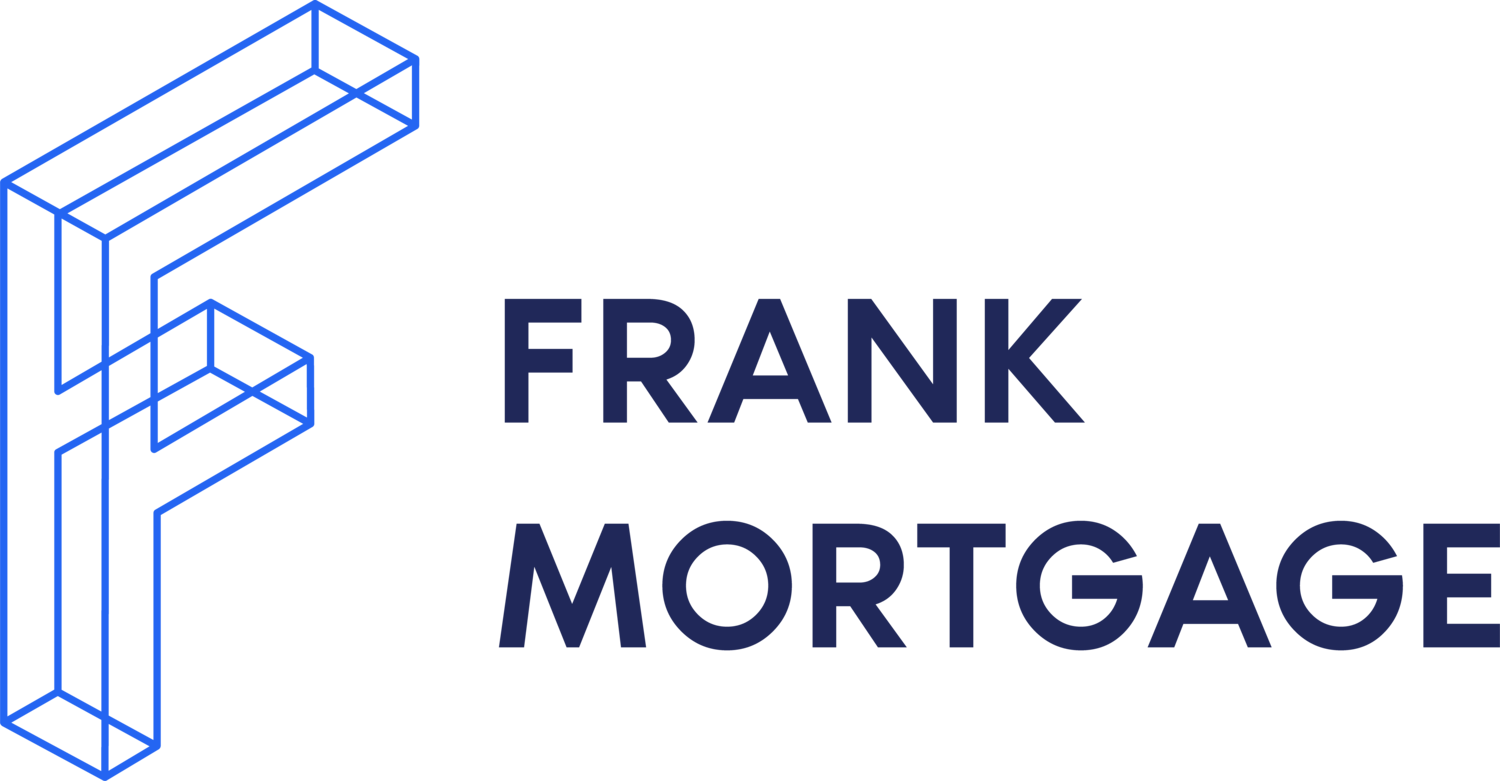Another Bank of Canada Interest Rate Hike
More Stress for Mortgage Borrowers
This morning, July 12, 2023, the Bank of Canada (BoC) raised intertest rates once again. Another 0.25% increase brings their overnight rate to 5.0%, the highest level that rate has been since 2001. This is the 10th rate hike in the past 16 months.

This morning, July 12, 2023, the Bank of Canada (BoC) raised intertest rates once again. Another 0.25% increase brings their overnight rate to 5.0%, the highest level that rate has been since 2001. This is the 10th rate hike in the past 16 months.
The BoC stated that the expected timeline for getting inflation under control has been extended. While inflation has declined to 3.4%, the Canadian economy has been stronger than expected. While economic growth is expected to slow in the near term, the inflation rate is expected to remain above their 2% target for the foreseeable future.
None of this is good news for mortgage borrowers. Not only is the cost of borrowing increasing but the central bank has stated that they expect this period of elevated rates to persist for some time. The BoC sees a “slower return to target” than previously anticipated. It does not expect inflation to reach its target of 2% until the middle of 2025. They state that “The Governing Council remains concerned that progress towards the two percent target could stall, jeopardizing the return to price stability.” In other words, they are intent on deepening the pain Canadians feel from higher rates in order to reduce the persistent upward pressures on inflation. If they are to be taken at their word, we will all suffer until inflation is wrestled down to the desired 2% level.
Mortgage Rate Expectations
While many of us are hoping for a sign that interest rates may be reduced soon, there is no such indication from the BoC. In fact, in today’s announcement the BoC gave no indication of the direction of future rates but left the door open to hike further if necessary. They really are dead set on making us all feel pain.
Core inflation continues to run higher than target and the BoC is concerned about its persistence. Ironically, one of the largest components of this inflation number is the cost of housing, largely driven by the increase in cost for mortgages and rents that are driven by the BoC interest rate decisions.
It seems clear that the central banks overshot when they lowered rates to near zero and kept them there for an extended time. Perhaps we are now witnessing them overshoot in the opposite direction. This whipsawing in rates has real consequences for mortgage borrowers. The recent stresses brought on by the extension of this period of elevated rates are only going to increase. The Financial Consumer Agency of Canada has recently reported that two-thirds of mortgage holders report having trouble meeting their financial commitments. The longer these high rates persist, the greater the trouble.
While the desired impact of these rate increases is taking longer than expected to be seen, many market pundits predict a slowing economy in the latter half of 2023. The likelihood of an impending recession cannot be ruled out. Nevertheless, the persistence of underlying price pressures is likely to postpone any interest rate relief from the BoC. This means that mortgage borrowers may not see any mortgage relief until mid-2024, at best.
What Does This Mean for Mortgage Rates?
At Frank Mortgage we do not see any mortgages today with a rate below 5%. Bond yields have risen recently, forcing fixed mortgage rates higher. The yield curve continues to be inverted, meaning that short-term mortgage rates are higher than long-term mortgage rates.
Even if the BoC pauses here at a 5.0% overnight rate, variable mortgage rates are all now above 6%. The 0.25% increase by the BoC will lead all lenders to increase their prime rates to 7.20%. The cost of a variable-rate mortgage will rise by about $14 per $100,000 of mortgage as a result of this 0.25% rate increase.
What Next?
The central bank’s next decision on interest rates is scheduled to take place on September 6.
With rates now higher and changing frequently it has never been more important for you to work with a mortgage broker that has your best interests as their priority. One way to know a mortgage broker places your interest first is they consider risks and opportunities. A mortgage broker that claims they know that rates will decline soon and that you should load up on debt to buy a house is only looking at opportunity – mainly the opportunity for them to earn a commission. Avoid these kinds of reckless advisors and find one that considers the whole picture for you.
We created Frank Mortgage to provide Canadian mortgage borrowers an alternative to the old, traditional ways of getting a mortgage. We designed a better mortgage experience to help you get your best mortgage deal. We monitor rates daily and are ready to find the best deals for you at any time. We support this with frank and honest advice that is focused on your needs and not on trying to maximize our income. We are free for you to use and ready to assist with house purchase financing, refinancing or mortgage switches. We have access to prime, B and private lenders. Whatever your needs, we can help.
We are here for you to experience a fresh, new way to get your best mortgage without any crazy interest rate predictions. If you want to experience a mortgage process that considers you the priority, then please call us at 1-888-850-1337 or find us online at Frank Mortgage.
Related Pages
About The Author

Don Scott
Don Scott is the founder of a challenger mortgage brokerage that is focused on improving access to mortgages. We can eliminate traditional biases and market restrictions through the use of technology to deliver a mortgage experience focused on the customer. Frankly, getting a mortgage doesn't have to be stressful.
Related Posts




Mortgage Brokerage Licensed in Ontario (#13204), British Columbia, Alberta, Saskatchewan (#514115), Manitoba, Nova Scotia, Newfoundland & Labrador, and New Brunswick (#230015752).
© Frank Mortgage 2025 | All Rights Reserved


